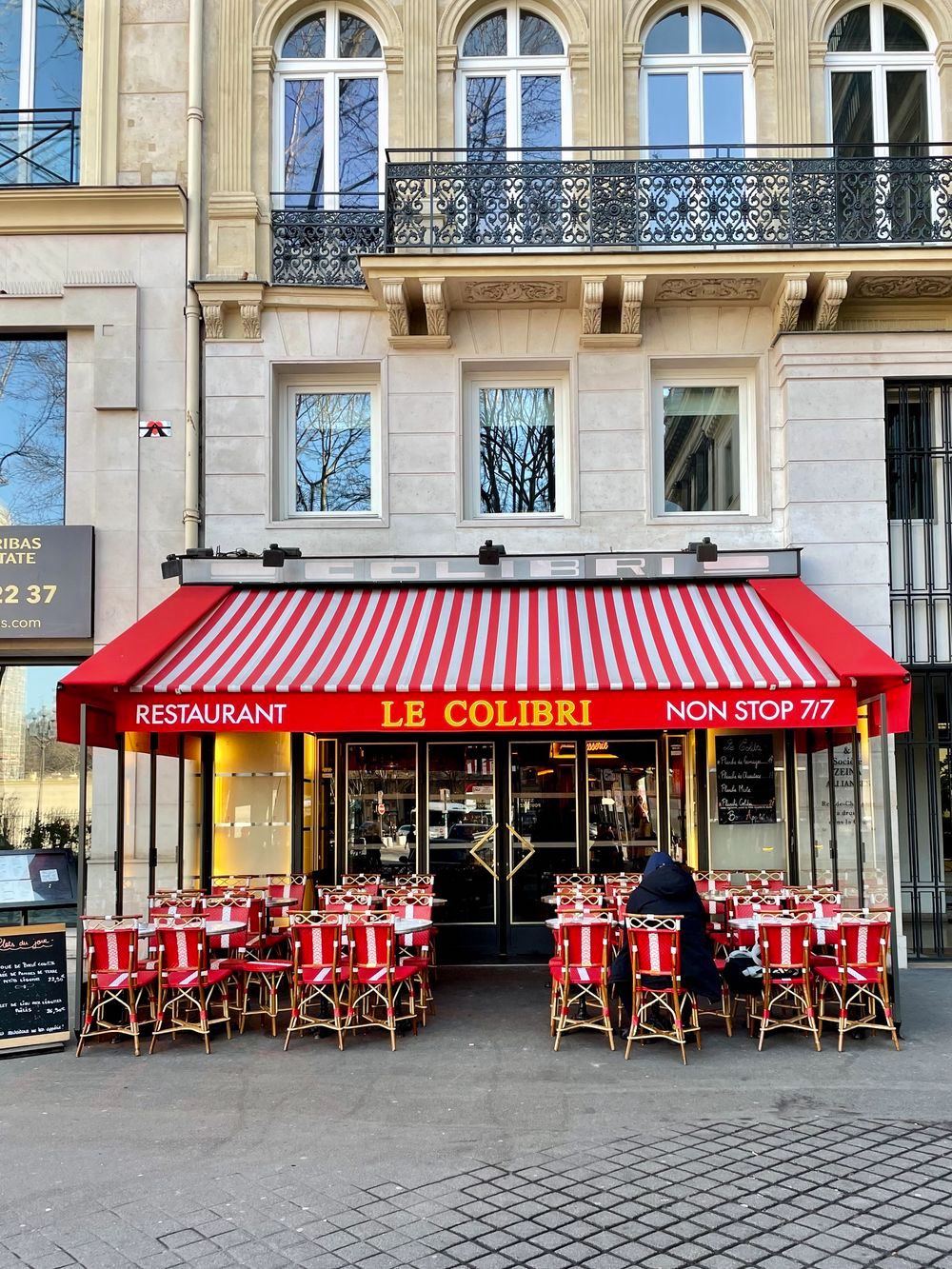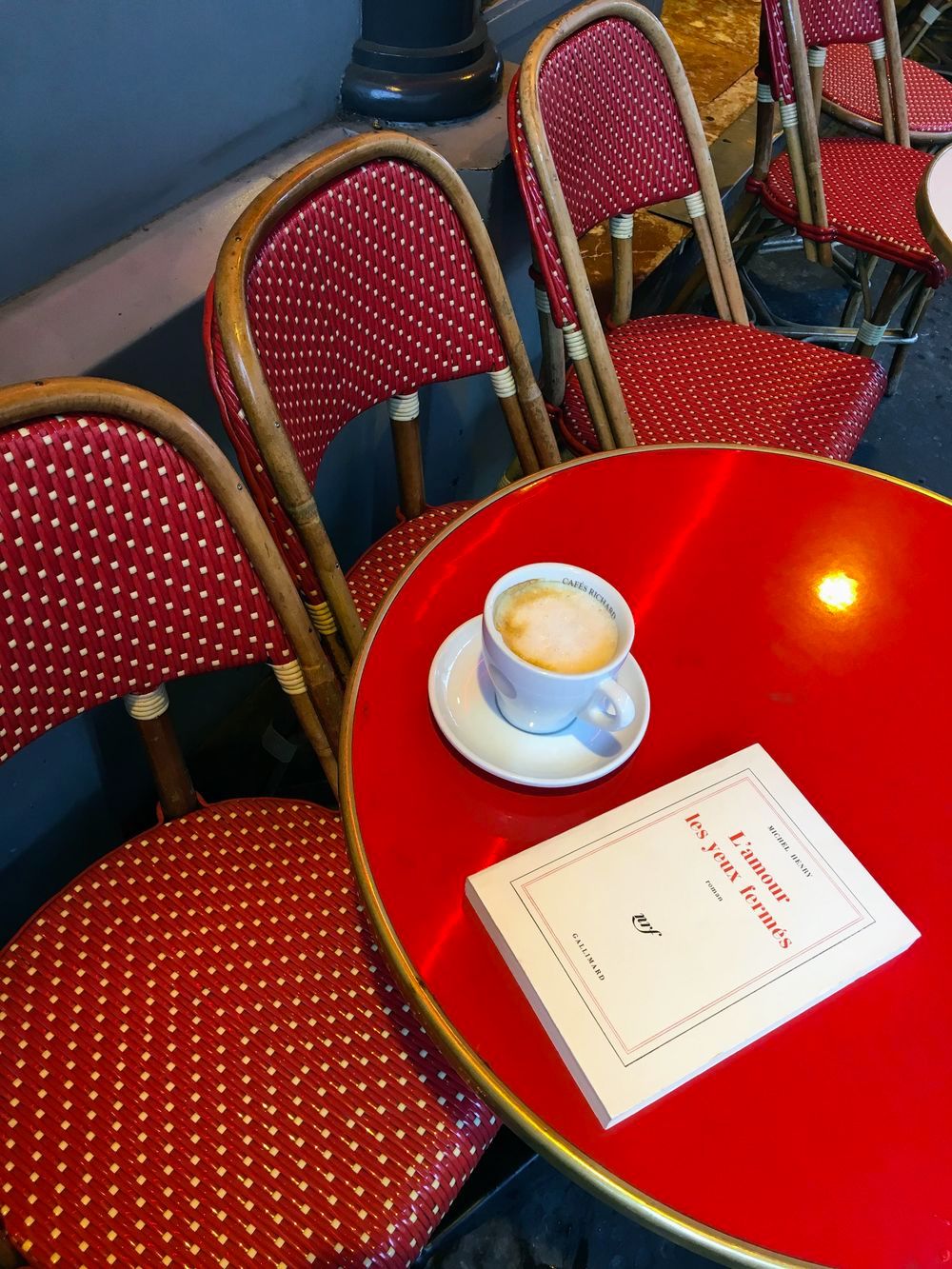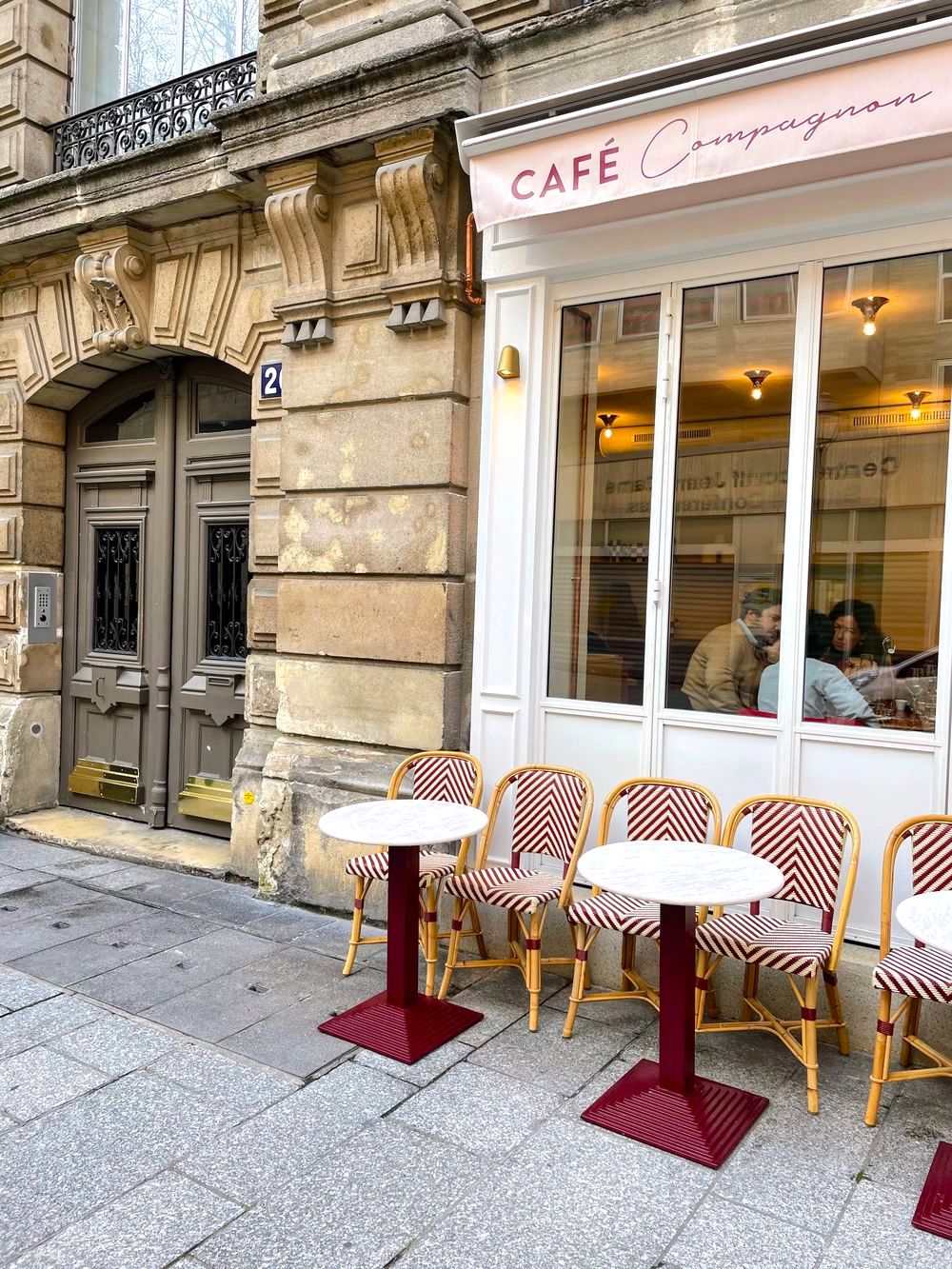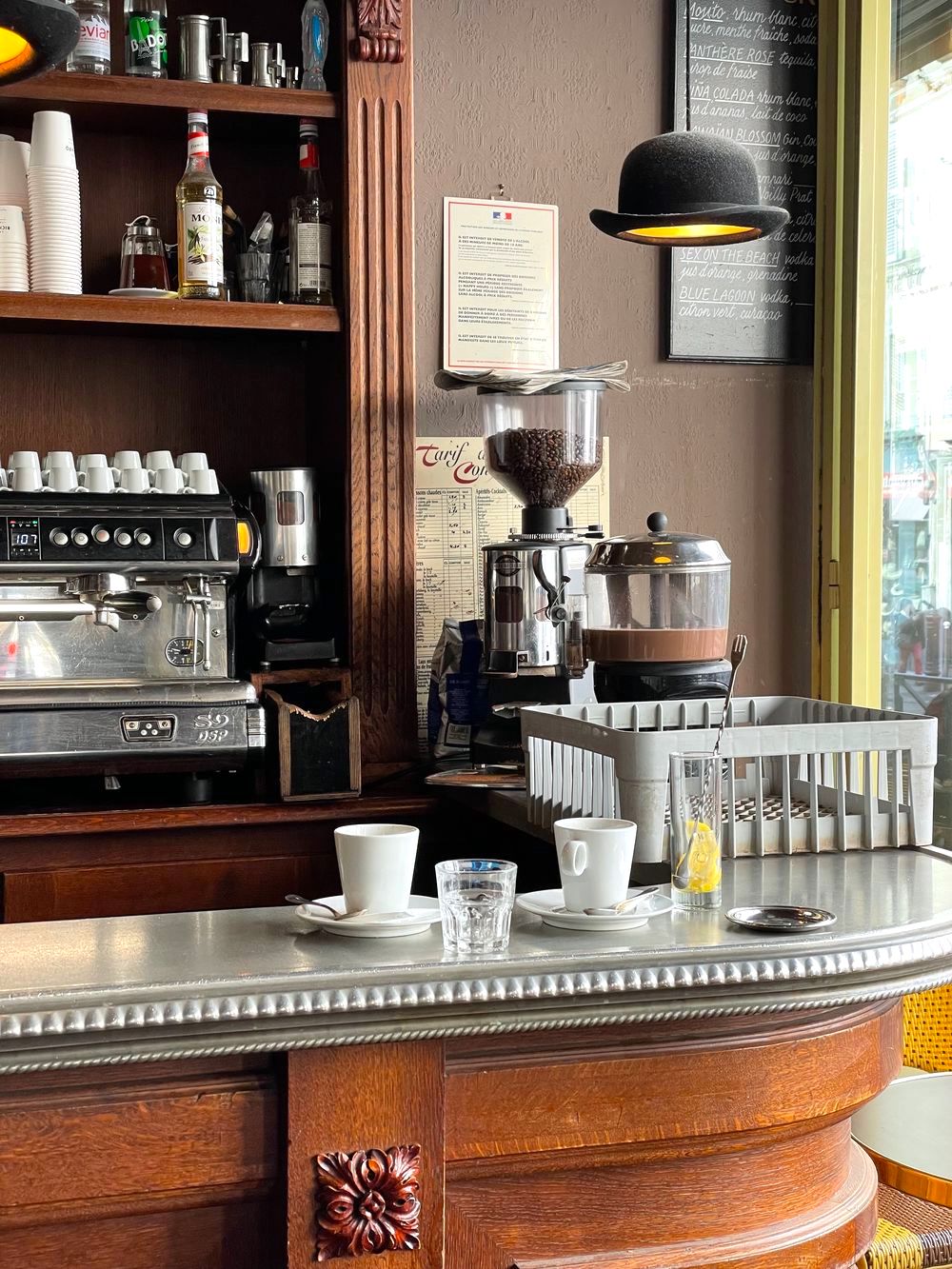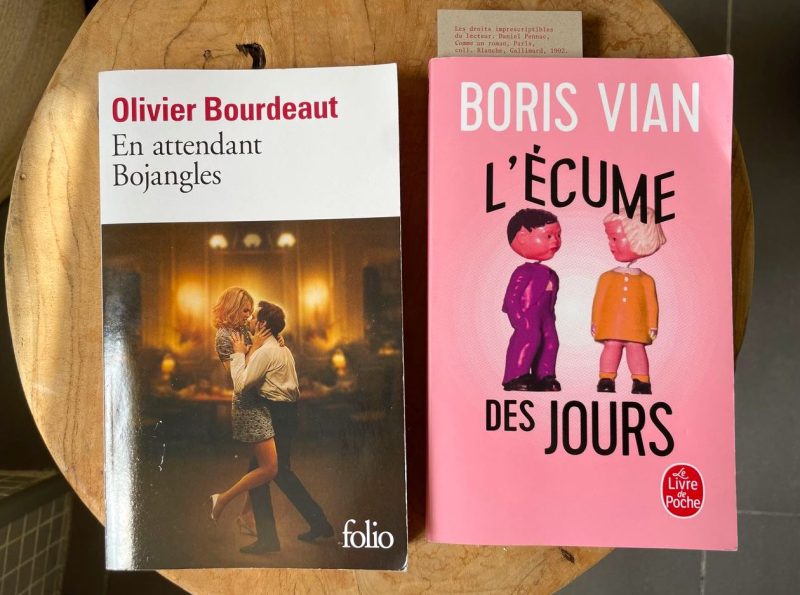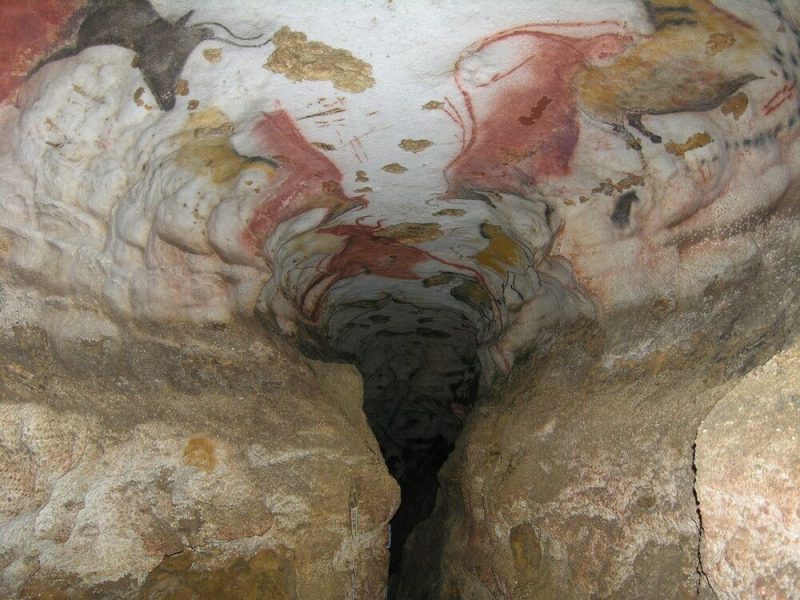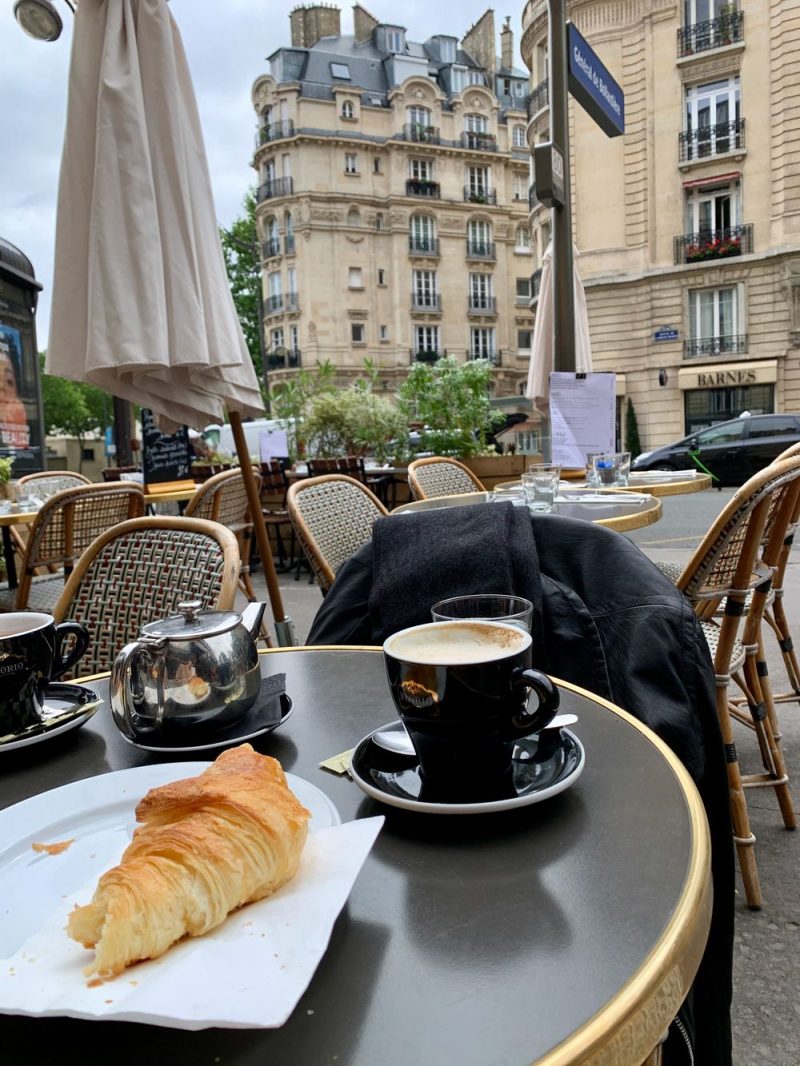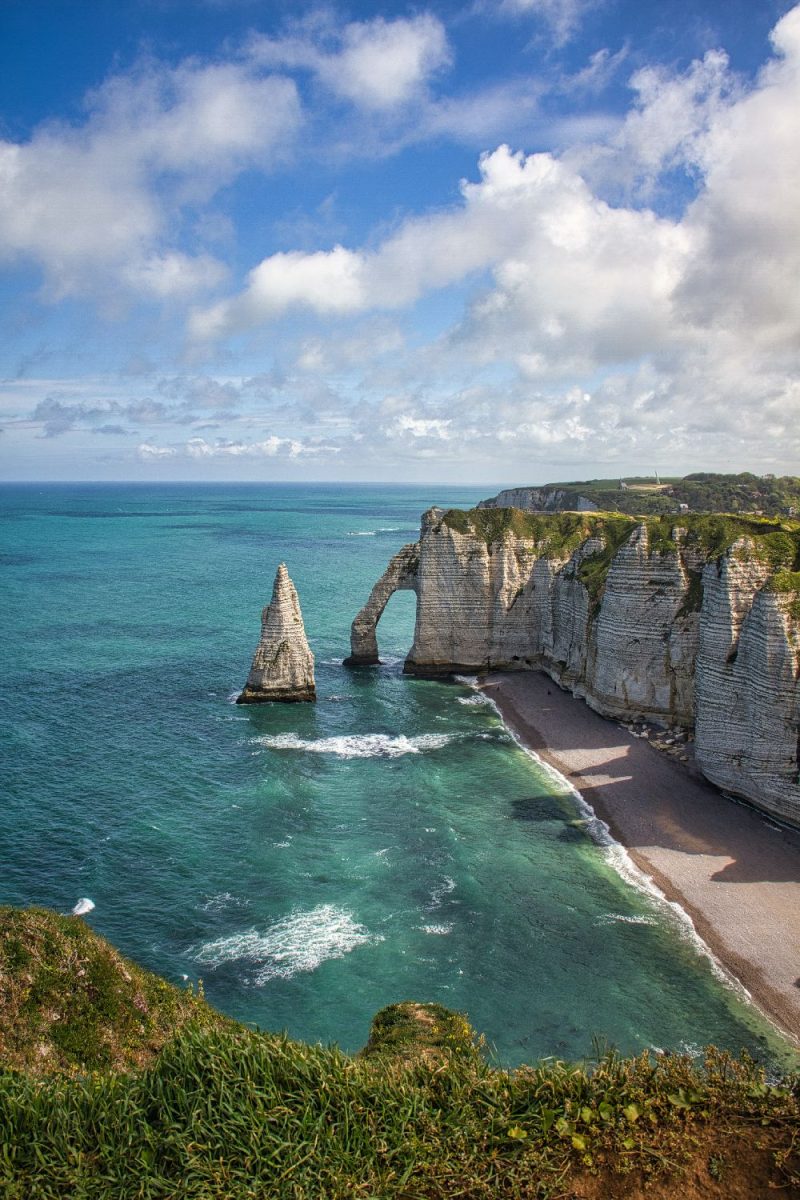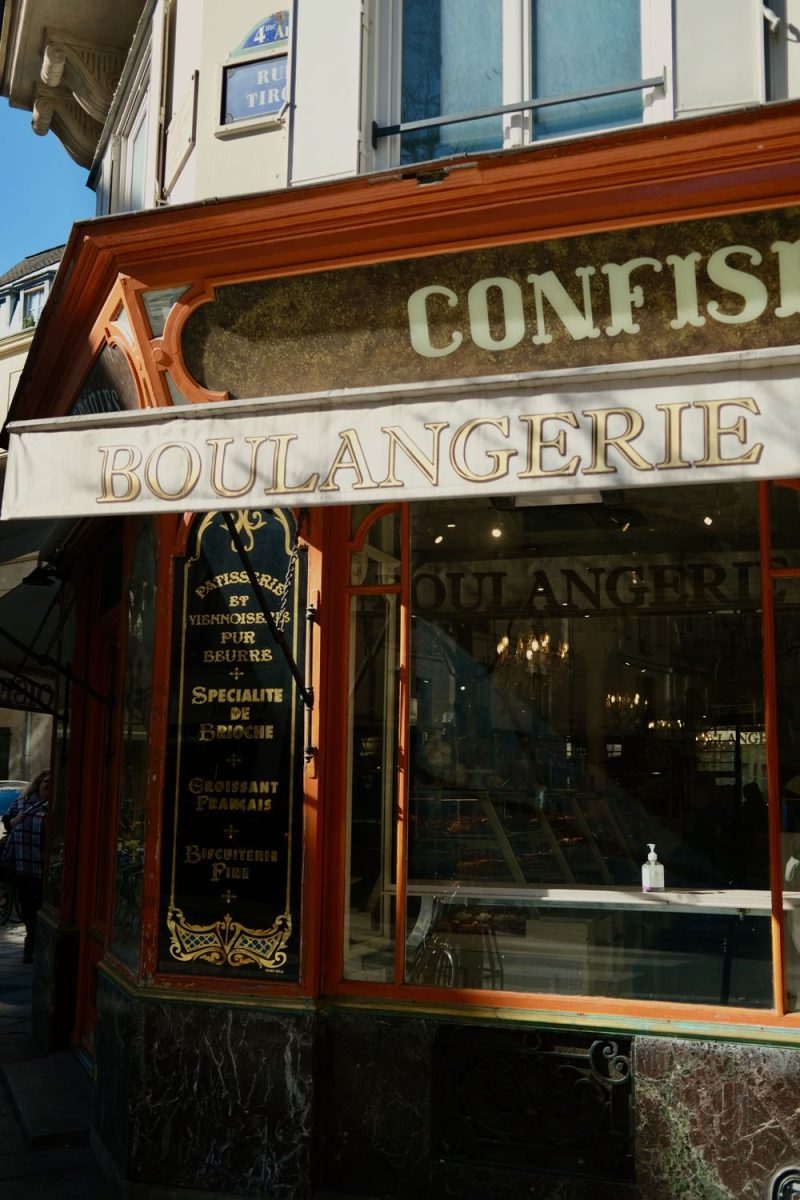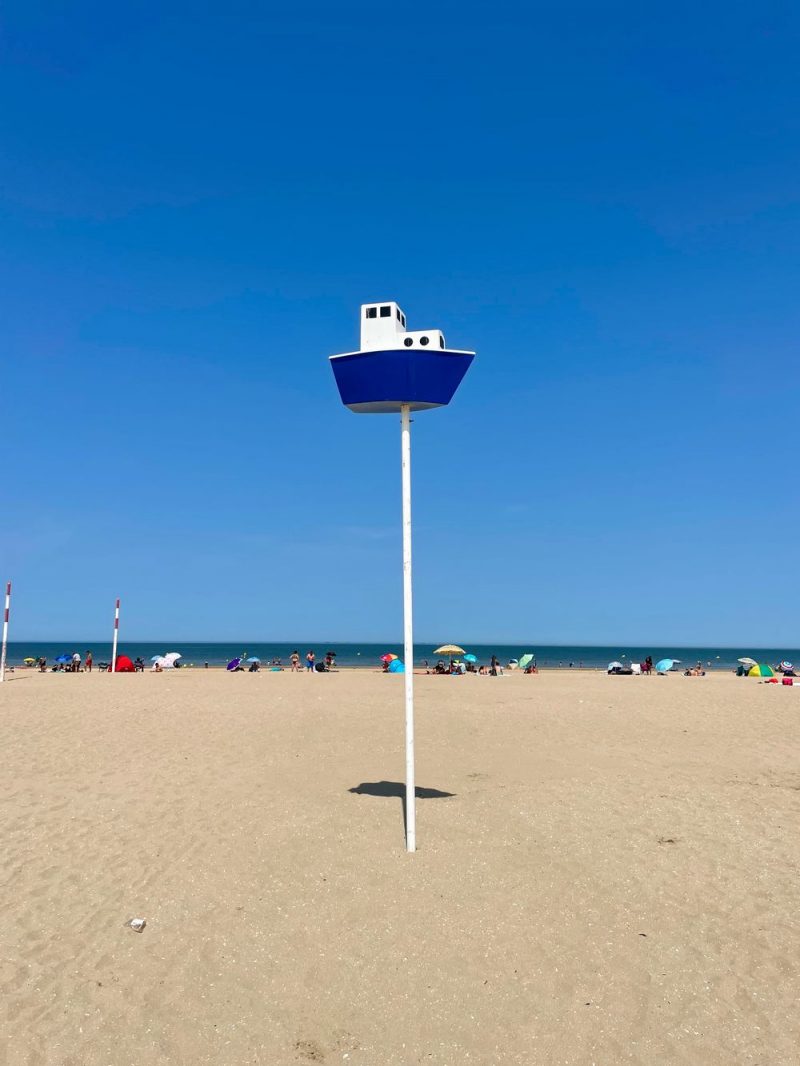Café Culture in France: Why the French Love Cafés So Much
Culture Travel may earn a commission through links on this website. As an Amazon Associate, we earn from qualifying purchases.
In the heart of France lies an intrinsic culture steeped in the aroma of freshly brewed coffee and the comforting clatter of porcelain cups – the legendary French café culture. This cultural phenomenon, transcending mere liquid caffeine indulgence, embodies the French way of life cherished in every corner of the country.
From Parisian avenues to the tranquil lanes of Provence, cafés stand as gathering spots for intellectuals, artists, and locals seeking solace or vibrant conversations. Each café has its own distinctive character and every sip embraces the French tradition of art de vivre.
As you traverse through France, the café culture in France promises not just a cup of coffee, but insight into the very essence of French society.
Cafés in French History
Cafés have played a pivotal role in French history, often serving as the nucleus for intellectual discourse and social interaction. In the 17th century, they emerged as venues where people congregated to engage in discussions, participate in debates, exchange ideas, and foster intellectual camaraderie. Over time, cafés in France transformed into epicenters for political debates and literary movements, frequently visited by prominent figures such as Voltaire and Rousseau.
As the years progressed, cafés continued to be the heartbeat of French society. During the French Revolution, they were platforms where revolutionary ideas were nurtured, fanning the flames of change that engulfed the nation. In the modern era, cafés are still beloved spaces where people come together to reflect, create, and converse, encapsulating the spirit of community and the essence of French culture.
What Makes Café Culture in France
The café culture in France is characterized by a blend of tradition, ambiance, and a strong sense of community.
Firstly, the physical layout of French cafes often encourages socialization; with terrace seating that faces the street, it fosters a culture of people-watching and leisurely conversation.
It is quite common for working French people to enjoy their morning coffee at the bar counter in a café. This practice is not only a quick way to have a coffee, especially during the busy rush hours but also a less expensive option compared to sitting at a table.
Standing at the bar counter allows for casual conversations with locals and baristas, or to reading the latest French newspaper.
The dining aspect of French cafés is significant, with a deep-rooted tradition of serving coffee options, pastries, and quick meals.
French café culture is inseparable from the intellectual life in France. French cafés have been havens for thinkers, writers, and artists for centuries, providing an environment conducive to deep contemplation and creative discourse.
Cafés in France embody a particular essence of time, where hours can be whiled away over a single cup of coffee, embracing a slower, more mindful pace of life. This intrinsic blend of coffee, intellectual richness, and passing the time makes French café culture a quintessential part of French society.
Why Cafés are So Popular in France
Cafés are immensely popular in France because of historical customs and how easy it is to meet up with friends or colleagues for a chat.
Historically, French cafés have been the meeting grounds where intellectuals and artists congregated to discuss ideas and foster innovation. This tradition has imbued them with an aura of cultural and intellectual richness that continues to draw people in.
The geographical distribution of cafés, prominently placed in many centre villes, or downtown areas, in France makes them easily accessible to all. They welcome residents and visitors alike.
French café popularity is also bolstered by the menu, comprising finely brewed coffee and delectable pastries that cater to the French people’s love of food.
Moreover, in a rapidly changing world, cafés offer a sanctuary where time slows down, allowing people to connect, reflect, and rejuvenate. They foster community and togetherness and provide a warm, inviting space where friendships flourish and conversations flow effortlessly.
Surprisingly, French cafés are actually in decline, probably due to rising costs to sustain them as a business. In 1960, France had 200,000 cafés, but by 2008 it had fewer than 41,000. It’s also possible that rural and small town cafés are closing in France due to the global trend of populations gravitating towards urban areas and cities.
What French People Do at Cafés
What do French people do at cafés? In France, cafés serve as versatile outlets where people partake in activities while enjoying a beverage.
Firstly, cafés are popular spots for socializing. Friends and families gather to catch up and spend quality time together. It’s a place where lively conversations flow amidst the aroma of coffee and freshly prepared food.
Secondly, many locals make a daily ritual of visiting a café to enjoy a leisurely breakfast or afternoon coffee. During this time, they might read a newspaper or a book, or simply watch the world go by. The slow-paced café culture allows people to have a moment of relaxation in their busy lives.
Business meetings and informal work discussions often take place in cafés. The relaxed environment provides a conducive atmosphere for productive conversations. It’s not uncommon to see people engaged in discussions over documents or laptops.
Moreover, French cafés are also frequented by artists, writers, and intellectuals seeking inspiration or working on their projects. The ambient noise and vibrant energy of a café can sometimes serve as a creative backdrop.
Lastly, cafés in France sometimes host cultural events, readings, or small musical performances, offering a platform for local artists. As a bonus, you get a dose of culture along with the meal!
Famous Cafés in France
There are lots of famous cafés in France that have been the site of important moments in history.
Café de la Paix is one of the most prestigious cafés in Paris, France. Inaugurated in 1862, its enduring influence on the café culture in France is embedded in society. Situated with the perfect view of the opulent Palais Garnier, the café quickly became the go-to spot for affluent Parisians and visitors have large meet-ups and intellectual discussions.
An epitome of grandeur, this timeless café boasts an impressive architectural style, designed by the architect Alfred Armand, who was also involved in planning the Palais Garnier. Over the years, this establishment has witnessed the presence of several notable figures including writers like Emile Zola and Guy de Maupassant, adding layers to its history.
Café de la Paix has maintained its reputation of an exquisite café experience, making it a popular spot for authentic French café culture. In 1975, it was officially recognized as a historical site by the French government, underlining its significance in café culture in France. Blending history and luxury, Café de la Paix is a living testament to France’s illustrious café culture.
In France, outside the bustling avenues of Paris, several other French cities harbor iconic cafés, each with a unique story to tell and a rich history to explore.
In the old city of Bordeaux, the art deco and art-nouveau-infused Café du Levant beckons visitors with a historical setting dating back to 1897.
Not far from here, in the coastal city of Nice, the emblematic Café de Turin offers not only a rich coffee experience but is also renowned for its exquisite seafood offerings.
Venturing towards the historic city of Lyon, one can find the exquisite Les Cafetiers, a haven for coffee enthusiasts offering artisanal brews crafted with expertise.
Meanwhile, in the culturally rich city of Toulouse, the elegant Café Maurice invites guests to unwind in its serene surroundings, offering a delightful menu to complement the relaxed ambiance.
Each of these famous cafés in France offers not only a superior culinary experience but also a glimpse into the vibrant and diverse café culture that thrives throughout France, promising visitors an unforgettable journey into the country’s rich and varied heritage.
French Café Menu
A typical French café menu seamlessly blends tradition and culinary finesse, offering choices to satisfy both their hunger and their craving for authentic French flavors.
Starting with beverages, a traditional French café menu has lots of French coffee drinks.
Aside from the classic espresso, which remains a staple, several other coffee drinks enjoy popularity. The Café Crème, akin to a latte, is a delightful blend of espresso and steamed milk, preferred by those who enjoy a milder, creamier coffee experience. Its counterpart, the Café Noisette, is a harmonious mix of espresso with a hint of milk, offering a slightly richer flavor profile.
For a less potent coffee option, the Café Allongé, essentially a diluted espresso, serves as an excellent choice. The Café Viennois is a decadent option, where espresso meets whipped cream, presenting a luxurious treat for the palate.
during the summer months, many cafes offer “Café Glacé”, a refreshing iced coffee that serves as a respite from the heat.
To indulge in a hearty breakfast, French café menus often serve freshly baked croissants, pain au chocolat, and tartines accompanied by butter and jam. For lunch, the menu expands to include light meals and snacks. Sandwiches like the classic jambon-beurre (ham and butter) or croque-monsieur, a grilled ham and cheese sandwich are popular picks.
When it comes to desserts and pastries, expect to find French sweets like tarte aux pommes (apple tart), éclairs, and macarons, offering a sweet conclusion to their meal.
French cafés often offer a “formule” or set menu, where customers can choose a combination of items such as a sandwich with a beverage and a dessert, offering a complete meal experience.
Café Gourmand is popular in the evening. It’s an ensemble of a shot of espresso accompanied by mini desserts, the perfect blend of bitterness and sweetness.
A typical French café menu promises a culinary journey that showcases the simplicity, quality, and flavor that French cuisine is renowned for, ensuring a delightful dining experience for all.
